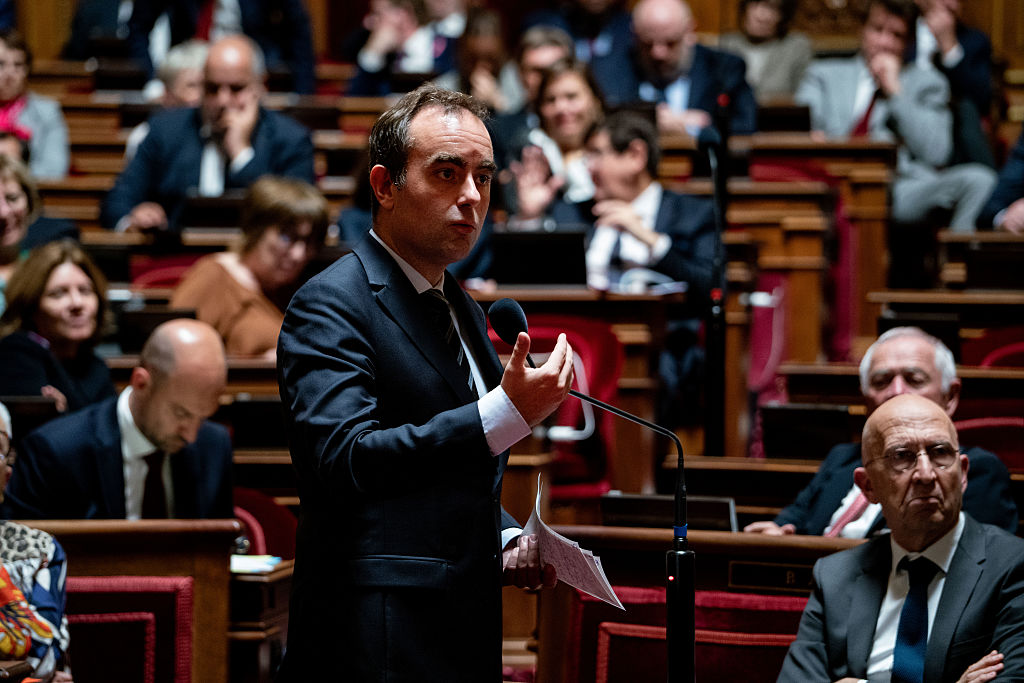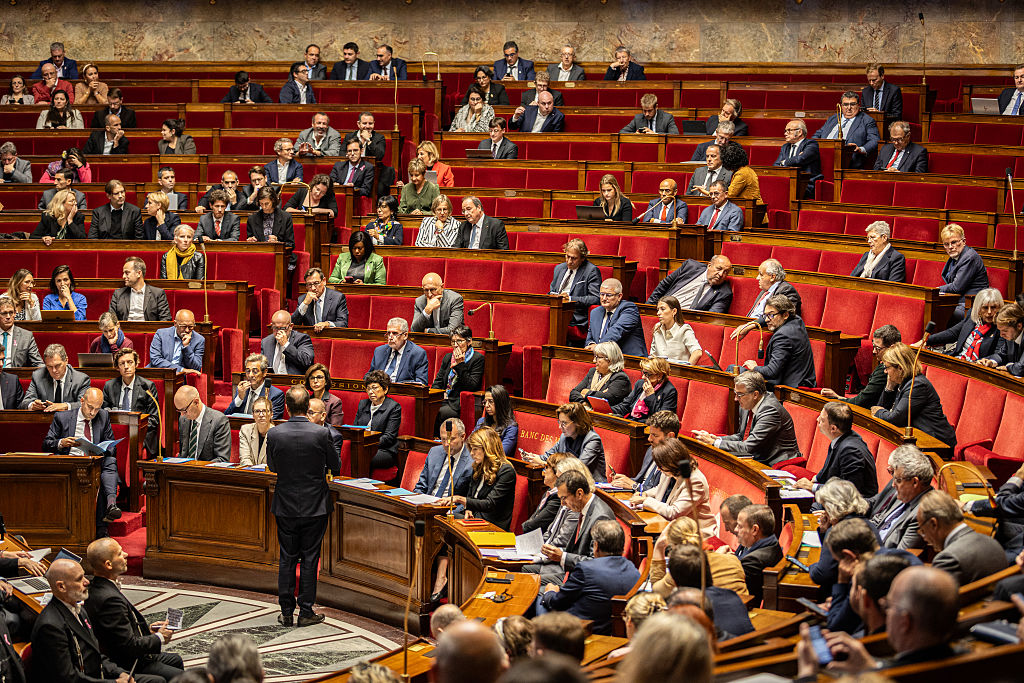French MPs freeze Macron’s pension reform until after 2027 elections
The suspension will affect around 650,000 people in 2026 and a similar number in 2027

PARIS – France’s National Assembly voted on Wednesday to suspend until January 2028 the controversial 2023 pension reform that raised the retirement age from 62 to 64 and sparked months of nationwide protests.
The suspension, passed by 255 votes to 146, was a key demand of the Socialist Party to avoid toppling the government. It was inserted into the Social Security Financing Bill in late October by Prime Minister Sébastien Lecornu.
For Socialist MP Jérôme Guedj, the decision offers a chance to “reopen the debate and make the 2027 presidential election about social justice, about work, about the funding of the welfare state – about pensions.”
Alongside the Socialists, most Green MPs and members of the far-right National Rally (RN) backed the suspension.
Caught between defending Emmanuel Macron’s flagship policy and fears of parliamentary dissolution if the government were censured, most pro-Macron MPs abstained, as did those from former PM François Bayrou’s centrist Democratic Movement (MoDem).
A fractured left
While the temporary suspension marks a symbolic victory for the PS, it has widened divisions within the left-wing alliance that stood under the New Popular Front (NFP) banner during the 2024 legislative elections.
Jean-Luc Mélenchon’s France Unbowed (LFI) voted against the measure, denouncing what they called a mere “postponement” rather than a true “suspension.”
“Voting for this con means voting for retirement at 64,” said LFI MP Clémence Guetté, dismissing negotiations between the Socialists and the government as “political wheeling and dealing.”
What happens next?
If adopted, the Social Security Financing Bill will freeze the gradual rise in the retirement age from 62 to 64 until after the next presidential election. In practical terms, people born in 1964 will be able to retire at 62 years and nine months – the same as those born in 1963 – instead of 63.
The planned increase in the contribution period for a full pension, from 42 to 43 years, will also be suspended. Those born in 1963 must currently contribute for 42 years and six months (170 working quarters) to qualify for a full pension; for the 1964 cohort, that figure was due to rise to 42 years and nine months – a change now frozen by Lecornu.
The suspension will affect about 650,000 people in 2026 and a similar number in 2027. The government estimates the measure will cost €300 million in 2026 and €1.9 billion in 2027. France’s social security deficit is projected to reach €23 billion next year.
Senate steps in
For the suspension to take effect, MPs must adopt the amended Social Security Financing Bill by midnight on Wednesday. With hundreds of amendments still pending, that constitutional deadline will likely be missed.
The bill will then move automatically to the Senate, which will have 15 days to review it before sending it to a joint committee and back to the Assembly.
The drawn-out process benefits both the Socialists and the government: the PS avoids accusations of collusion with Lecornu by not voting on the full text immediately, while the government sidesteps – for now – the risk of a humiliating defeat in parliament.
After that, debate on the State’s Finance Bill will resume on Thursday, with a final vote expected on 24 November.
(cs, aw)









